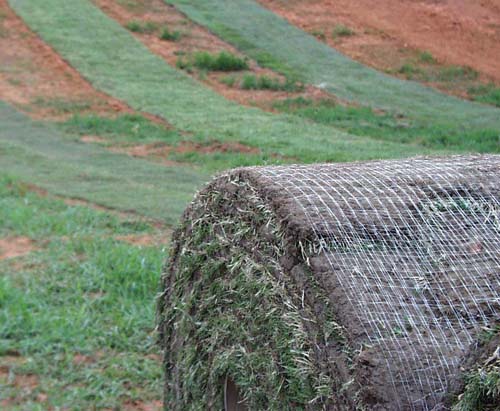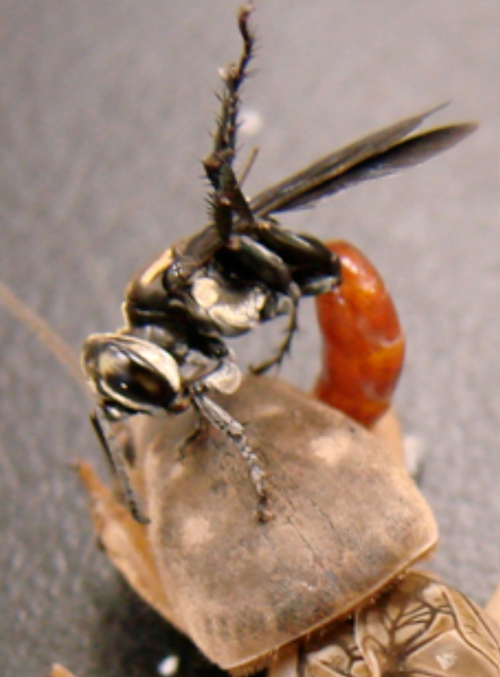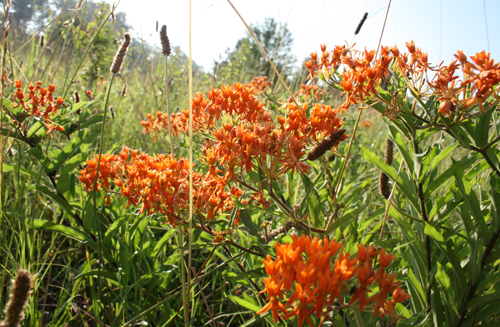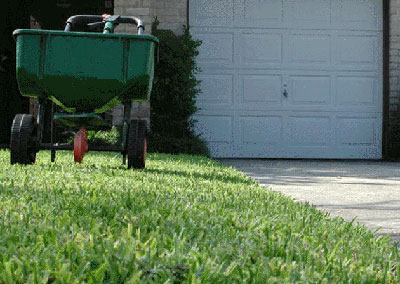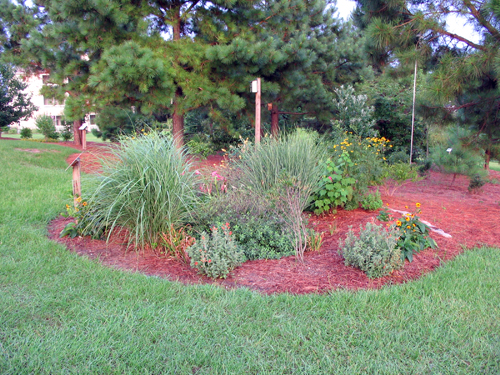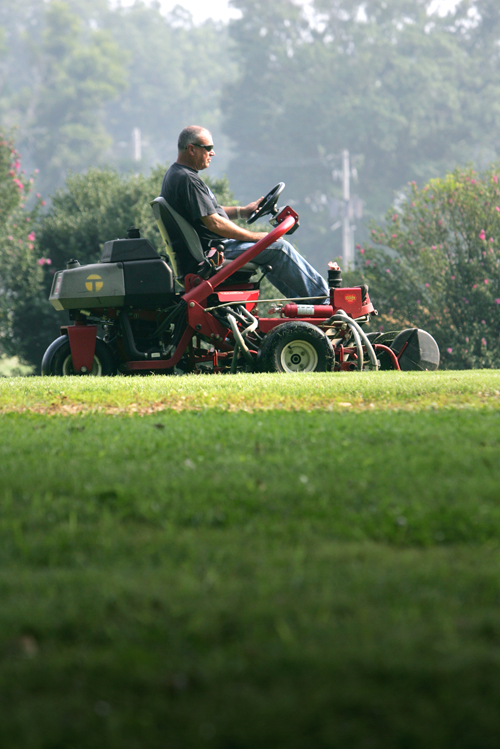 CAES News
CAES News
Golfing for science
Golfers can bid online now to tee up at the most exclusive golf courses in the Southeast and help fund turfgrass research while doing it.

